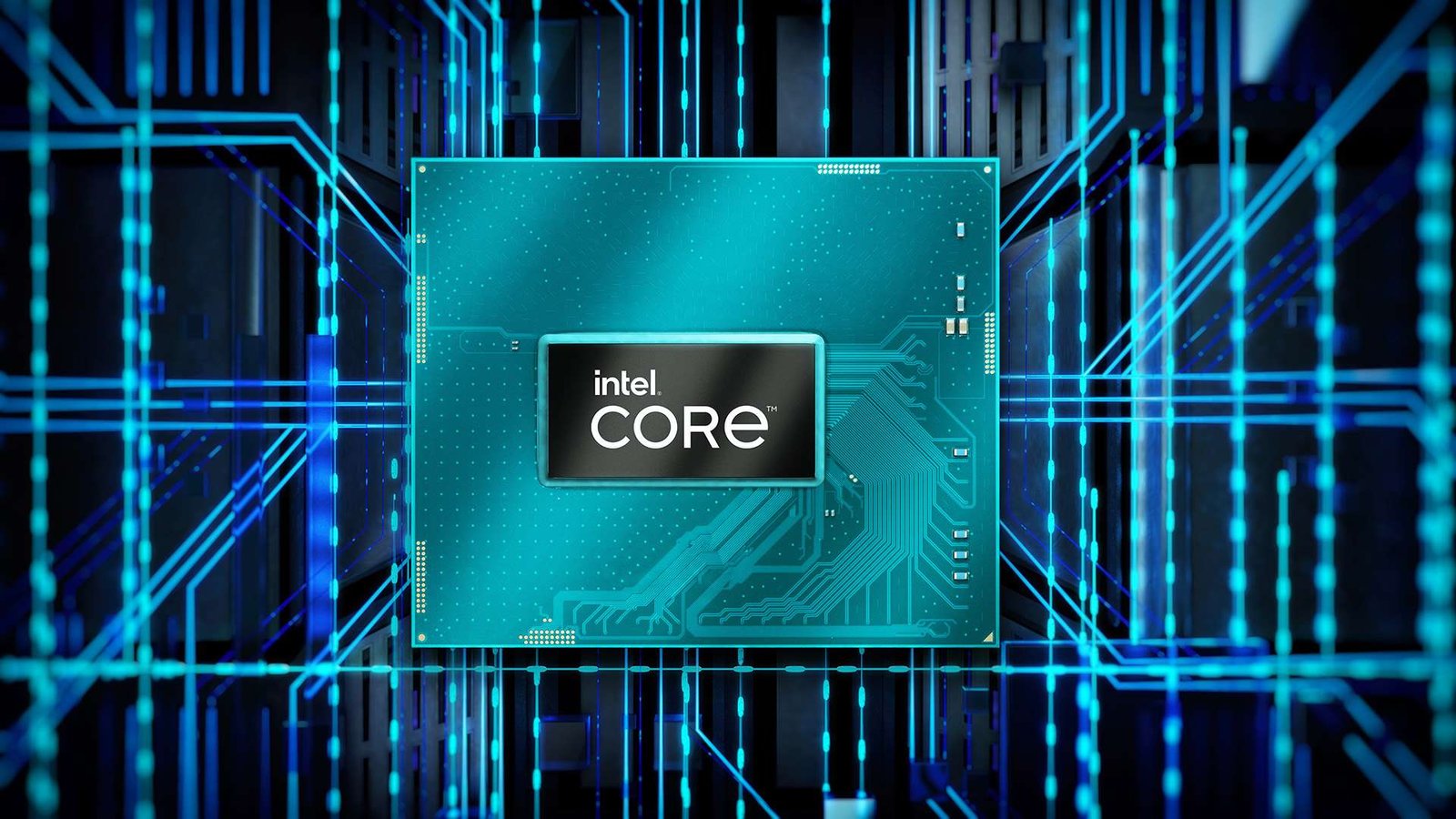Intel recently held a major event focused on Artificial Intelligence (AI) and high-performance computing (HPC), showcasing advancements that redefine the company’s vision for the future. From powerful processors packed with AI capabilities to innovative platform technologies, Intel is making big strides in enabling seamless AI adoption across various domains.
Key Highlights:
- Intel unveils next-gen Core Ultra processors with dedicated AI acceleration.
- Xeon Gen 5 CPUs deliver significant AI and high-performance computing (HPC) boosts.
- New platform technologies aim to simplify deployment and scaling for AI workloads.
- Intel positions itself as a leader in edge-to-cloud AI solutions.

Core Ultra: Redefining the AI PC
Taking center stage is the brand-new Core Ultra processor family, marking a significant departure from conventional CPU design. Featuring a multi-chiplet architecture with 64 cores and a dedicated Neural Processing Unit (NPU), Core Ultra promises unprecedented AI performance while maintaining x86 compatibility. This hybrid approach aims to cater to the growing demand for AI-powered applications on personal computers, paving the way for a new generation of “AI PCs.”
Beyond sheer performance, Intel is actively fostering an ecosystem of AI-optimized software through its AI PC Acceleration Program. This initiative collaborates with Independent Software Vendors (ISVs) to ensure optimized AI features and applications specifically tailored for Core Ultra processors.
Xeon Gen 5: Powering the AI and HPC Frontier
For server environments, Intel unveiled the eagerly awaited Xeon Gen 5 CPUs. These processors boast significant performance improvements across AI and HPC workloads, thanks to architectural enhancements like increased core density and expanded on-chip memory. Additionally, Xeon Gen 5 introduces Intel Ponte Vecchio, a discrete accelerator card further amplifying HPC capabilities for demanding scientific and engineering applications.
The focus on both AI and HPC reinforces Intel’s commitment to a holistic approach to data-driven computing. With Xeon Gen 5, Intel aims to power the next wave of AI adoption in data centers, cloud computing, and scientific research.
Simplifying AI Deployment with Smart Platform Technologies
Recognizing the growing complexity of deploying and scaling AI workloads, Intel introduced several platform technologies to streamline the process. One such innovation is Intel Infrastructure Power Management (IPM), which delivers granular power control and optimization for servers, improving energy efficiency and workload performance. Another noteworthy addition is Intel® Optane Persistent Memory, providing low-latency access to large datasets, crucial for real-time AI applications.
These platform advancements showcase Intel’s commitment to not only offering cutting-edge processing power but also creating a robust ecosystem that simplifies AI adoption for businesses of all sizes.
Leading the AI Revolution from Edge to Cloud
By doubling down on AI and HPC performance, Intel is positioning itself as a leader in the edge-to-cloud AI revolution. From the AI-powered capabilities of Core Ultra to the robust ecosystem surrounding Xeon Gen 5, Intel is providing solutions that span the entire AI spectrum, from personal devices to data centers. With a focus on user-friendly platforms and optimized software, Intel is making AI more accessible and paving the way for a future where intelligent computing empowers countless possibilities.
Looking Ahead:
Intel’s recent advancements signal a renewed focus on AI and HPC, areas with immense potential to shape the future of computing. The company’s dedication to both performance and user experience bodes well for its continued leadership in the ever-evolving tech landscape. As AI continues to permeate various aspects of our lives, Intel’s solutions stand poised to empower individuals and organizations alike to harness the transformative power of this transformative technology.


















